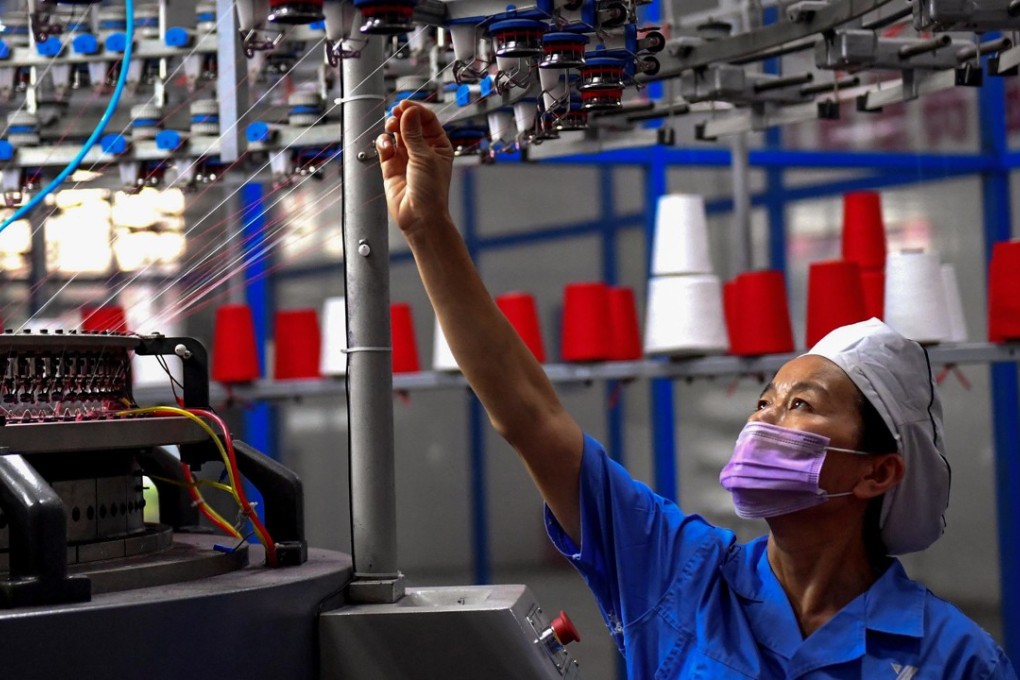Here’s who wins and also loses in US-China trade war: Vietnam
- Trump’s trade war is boosting Vietnam by driving Chinese firms south
- That brings rising labour costs – a plus for Vietnam’s workers, a minus for its employers

Last month, GoerTek, the Shandong-based manufacturer of Apple’s Airpods, announced it would move production of the wireless headphones to Vietnam, with chief executive Jiang Bin citing the trade war as being behind his decision.
And Warren Buffett’s Brooks Running shoes brand looks set for a similar, permanent move. “We don’t do musical chairs in our supply chain,” CEO Jim Weber told CNBC.
But while Vietnam has already received investment at China’s expense, Vietnamese economists and businesspeople have a mixed view of these developments. “It is not clear how much added value Vietnam will get,” said Pham Chi Lan, who served for 10 years as an economic adviser to former prime ministers Phan Van Khai and Vo Van Kiet.
While she said Vietnam would benefit if foreign firms invested in the country’s budding tech sector – South Korea’s Samsung, which assembles most of its smartphones in the country, is already Vietnam’s largest foreign investor – Chinese firms moving the production of low-value goods such as garments would be less beneficial.
China as the material supplier benefits most when [Chinese firms] relocate their factories in Vietnam
“This industry still imports lots of material from China, so China as the material supplier benefits most when [Chinese firms] relocate their factories in Vietnam,” Lan said.
Than Duc Viet, deputy CEO of Hanoi-based Garment 10 Joint Stock Company, said the trade war would probably be a mixed blessing that would “both benefit and harm our business”.
